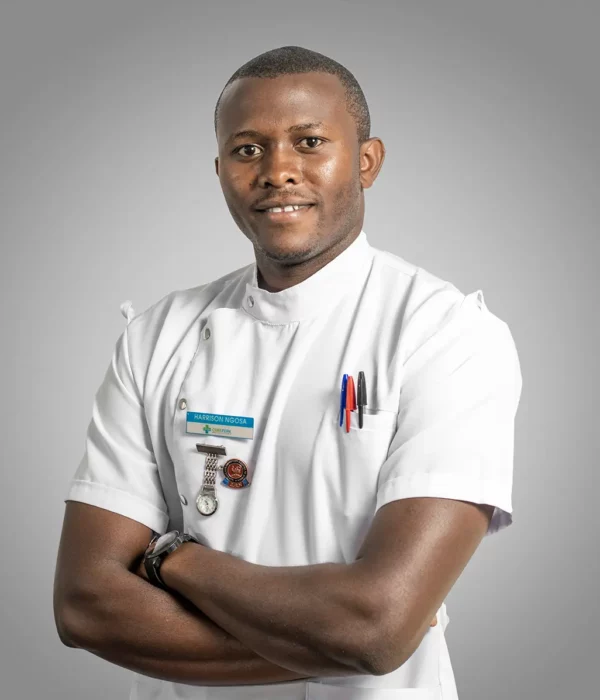Internal Medicine Overview
Internal medicine is a medical specialty that focuses on the non-surgical disease and illnesses of the human body. Doctors specializing in internal medicine are called internists, or physicians in Commonwealth nations. It concentrates on conditions affecting both men and women which can be categorized according to the systems of the body.
- Neurology – Brain and the Central Nervous System Disorders
- Hematology – Blood and Related Disorders
- Pulmonology – Lungs and Chest Disorders
- Gastroenterology – The Gastro-Intestinal System Disorders
- Nephrology – Kidneys and the Renal System Disorders
- Cardiology – The Heart and Blood Vessel Disorders
- Rheumatology – Muscle and Connective Tissue Disorders
- Infectious Diseases – Disorders caused by infectious agents.
- Oncology – Tumors and Cancerous Disorders
- Effective History Development
- Risk Factor Identification
- Imaging Investigations
- Laboratory Investigations
- Differential Diagnosis
- Pharmacotherapy
- Post Illness Monitoring
- Lifetime Management
Scope of Internal Medicine
Internal medicine has a very large scope of medical conditions that it covers. Because of this, it has additional sub-specialties within it including dermatology, radiology, psychiatry, emergency medicine, family medicine, Genetics etc.


Health Tips & Info
Studies show that many illnesses can be treated and cured if they are diagnosed in their early stages. Men generally have poorer healthcare-seeking habits than women and as a consequence only go to the hospital when they are really feeling very ill.
If you feel unwell, visit your doctor and determine that it is nothing serious. Do not self-medicate at home. If you can sign up for health insurance and get regular medical checkups to be on guard against chronic illnesses.
You may have an idea but you don’t really need to bother, just see a doctor and he will refer you to the correct specialist for your condition.
Different kinds of cancer will have different symptoms. however, the most common ones are weight loss, loss of appetite, a palpable mass on or under your skin, and reduced or complete loss of function of the affected organ.
No. A general practitioner can still do a good job in diagnosing and treating your condition. Specialist care is only necessary if your condition is complicated or is at high risk of becoming complicated. You should note that a consultation with a specialist doctor also costs a little more than seeing a general practitioner.




